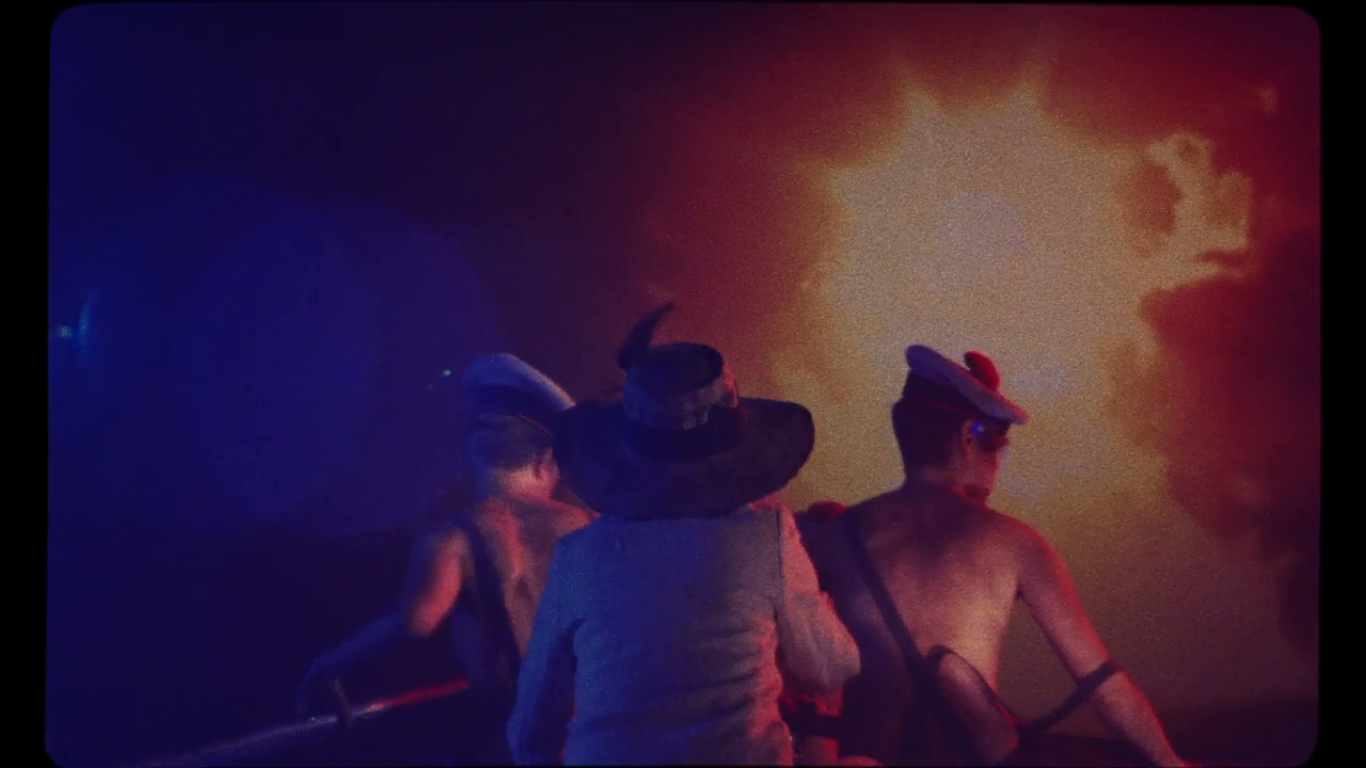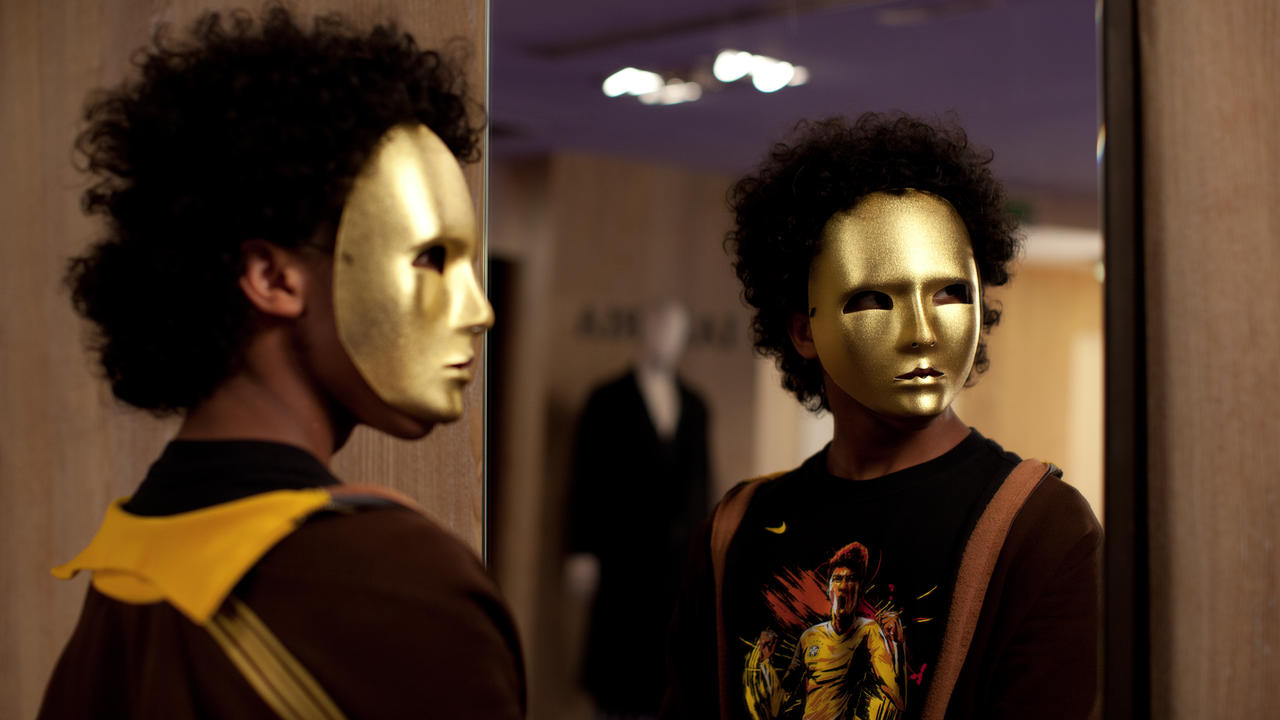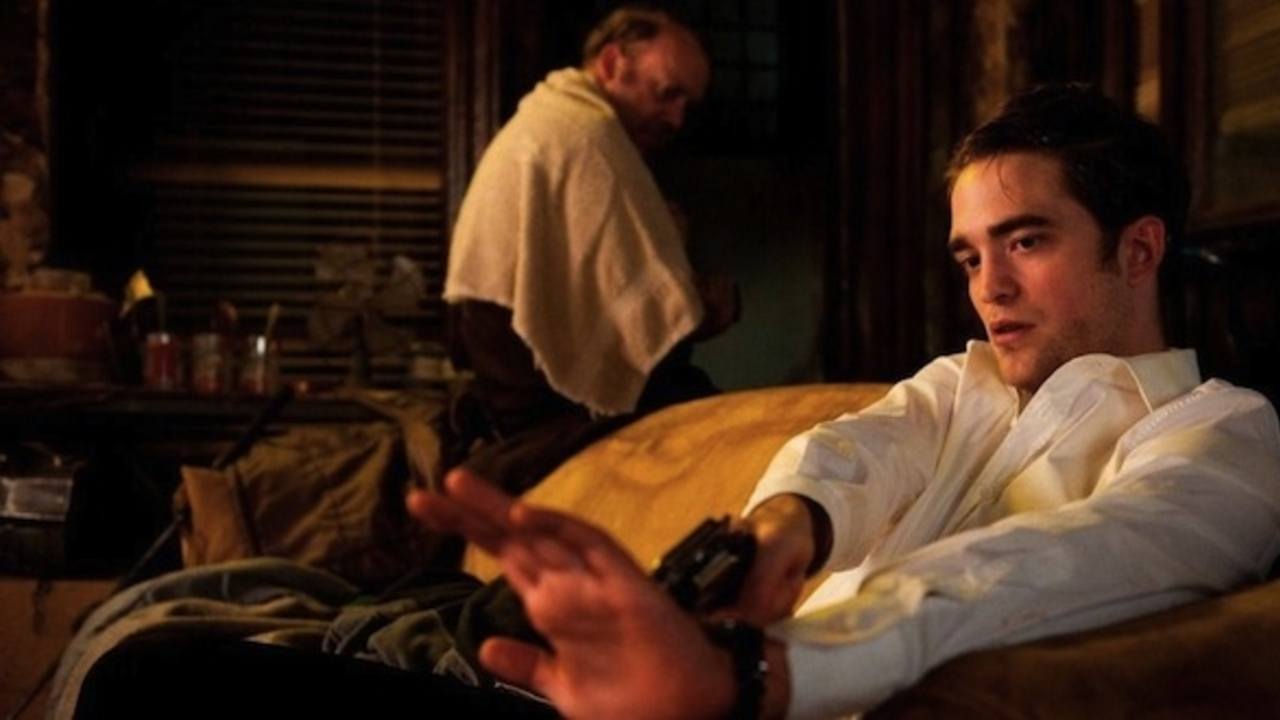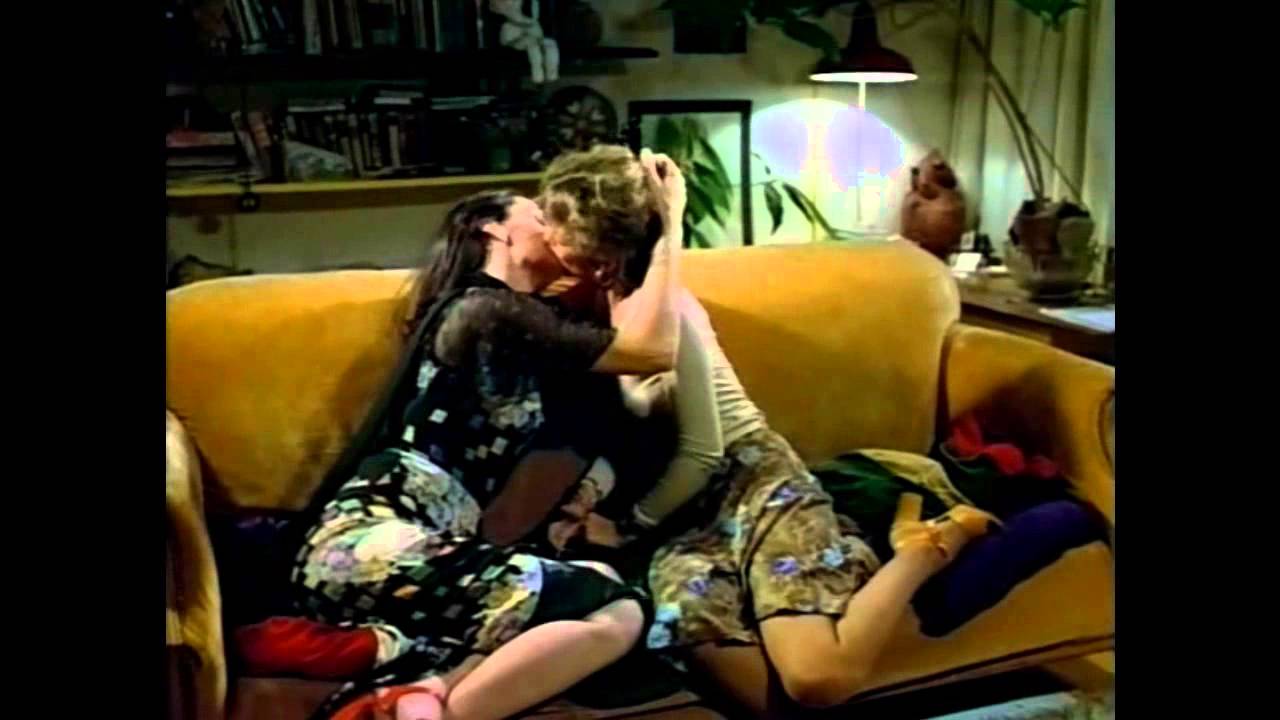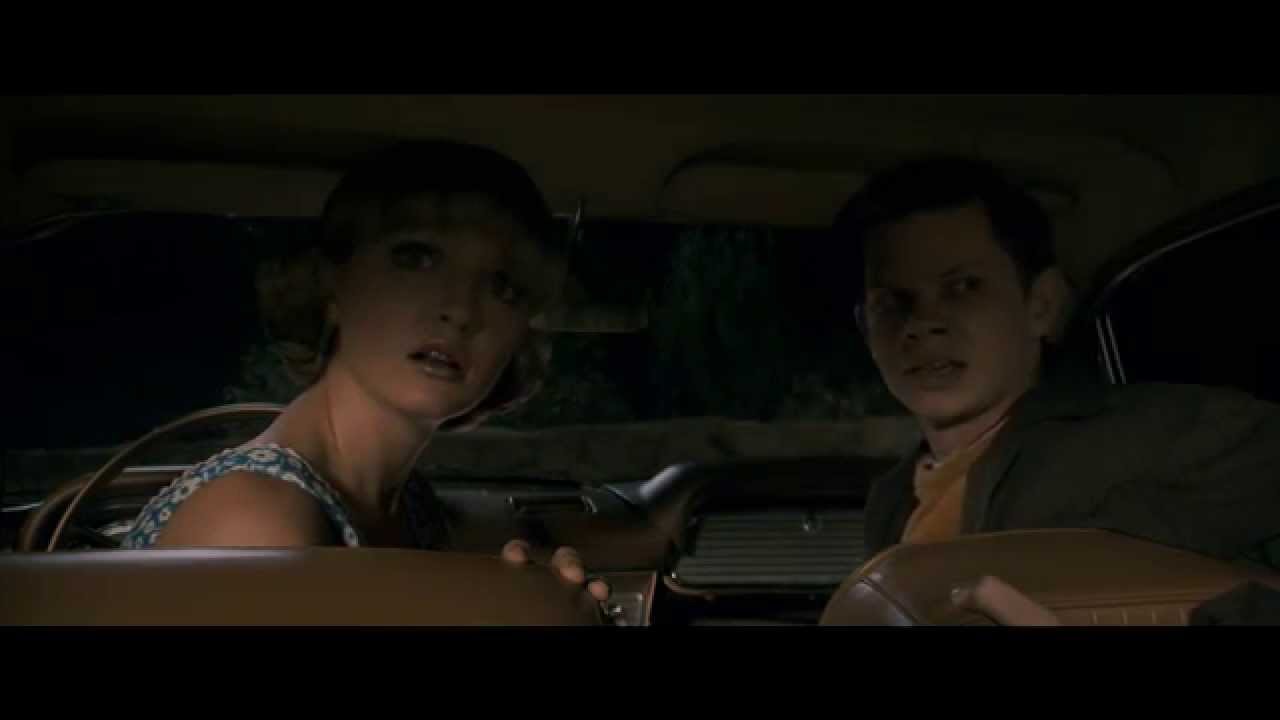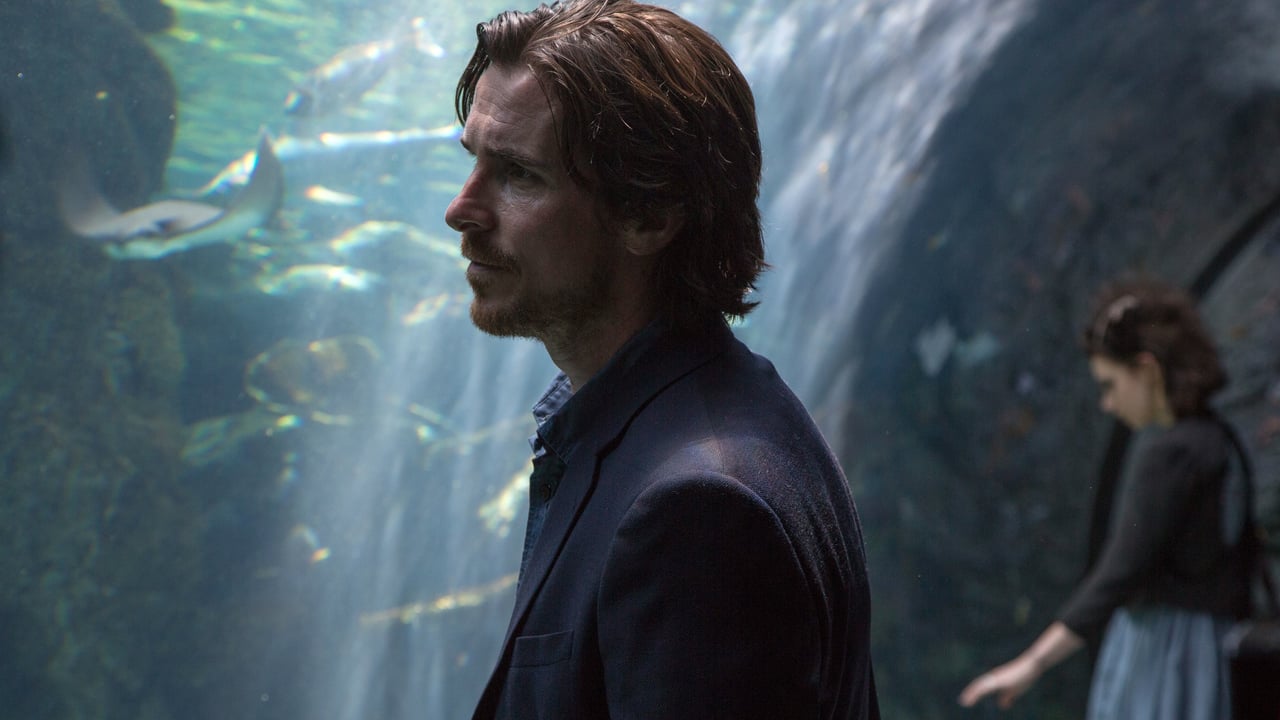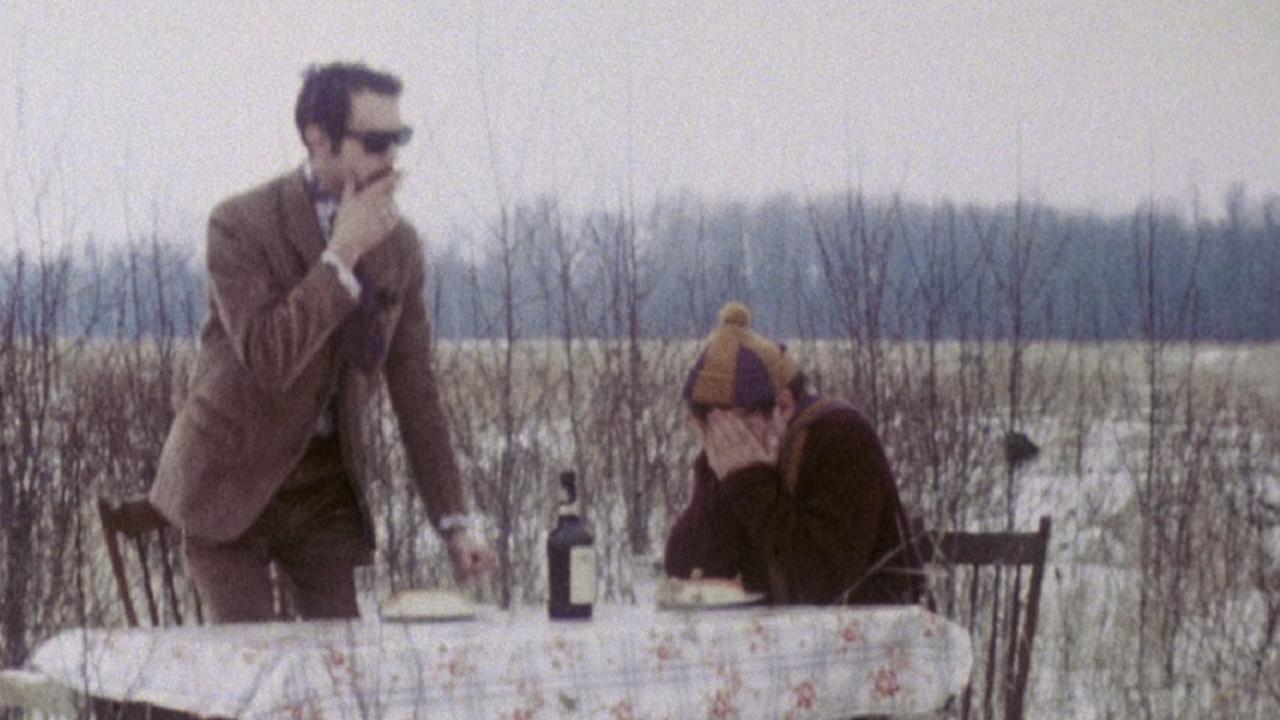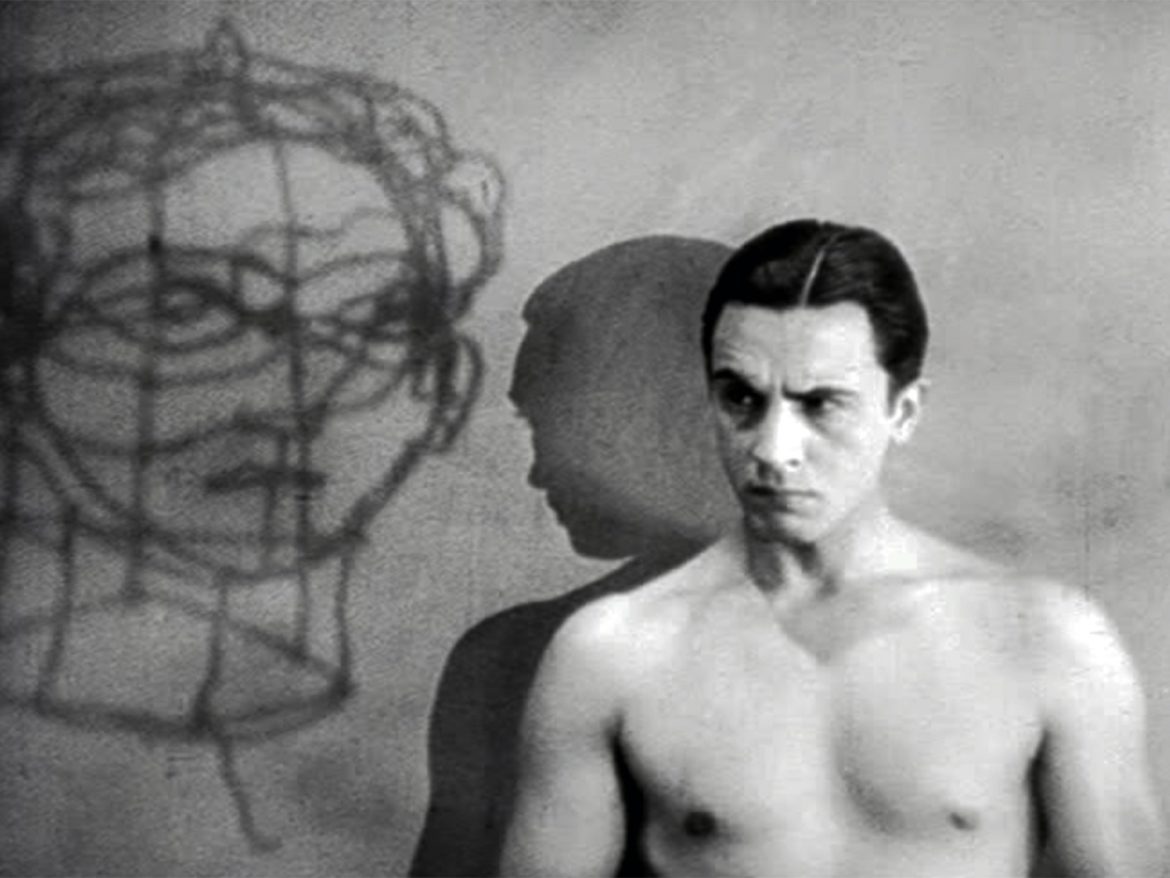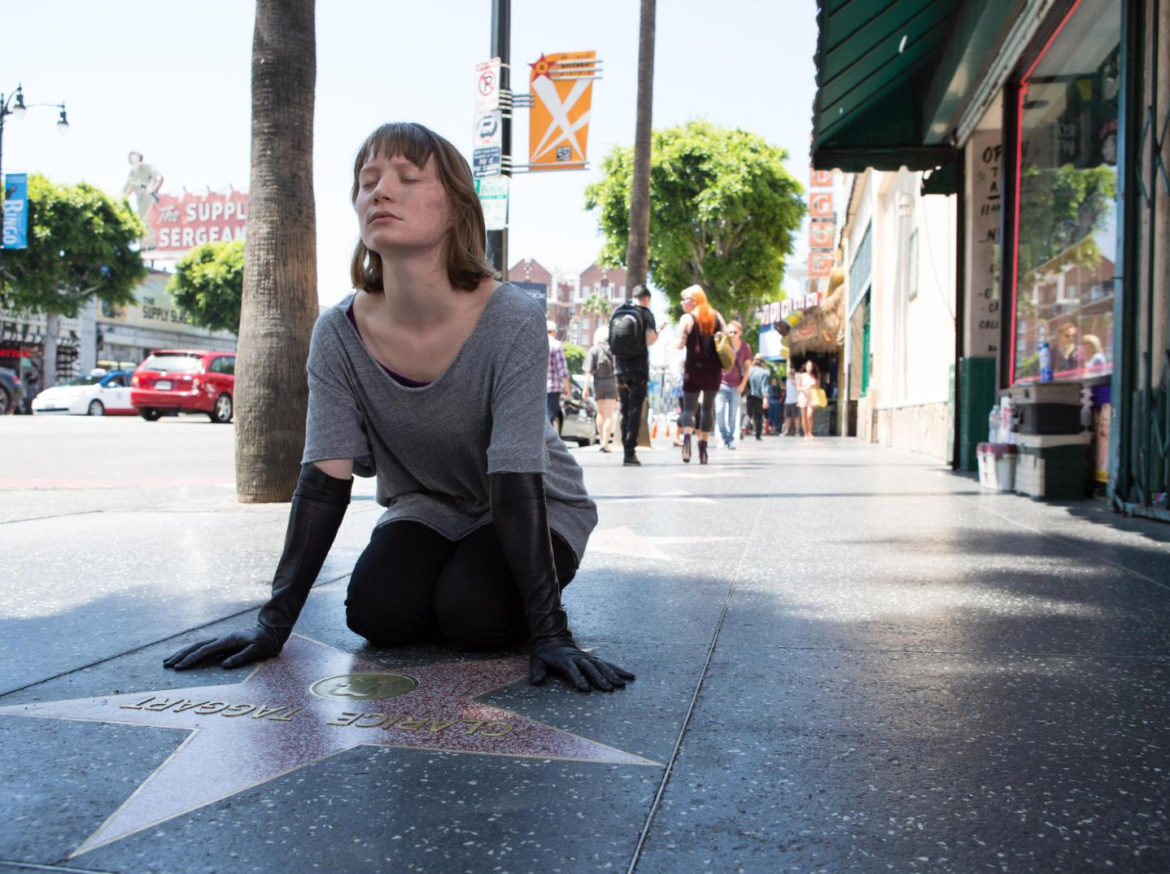The Wild Boys, Bertrand Mandico’s feverish and gleefully overstuffed debut feature, is many things at once, and not all of those things make immediate sense together. It’s a highly theatrical coming-of-age story set on the high seas, featuring boys played by women becoming men who become women.
David Cronenberg
It’s an assumption, an article of faith, but it always bears repeating: every best-of list is a subjective snapshot, bound by what we could or would see, the genres to which we gravitate, the last-minute audibles called because we simply can’t bear to leave out a title.
“All this optimism, all this booming and soaring… Things happen like (snap) bang, this and that, simultaneous. I put out my hand, and what do I feel?” Jay Baruchel delivers these lines at the beginning of Cosmopolis, and it prepares the viewer for what will follow.
For tonight’s matinee, we showcase three films exploiting what might be called Architectural Horror, which is a term I just made up right now and immediately decided to copyright so please don’t use it or I will have to talk to the lawyers.
Julia Ducournau doesn’t think her film Raw is about animals. Raw sure seems to, though
Earlier entries in the Vegan Horror series have tended to focus on films with an animal rights subtext (even if their directors occasionally felt compelled to shout out, “It’s about meat”). The whole notion is founded on the idea of mining the signifiers to point out the underlying logic and related concerns.
David Fincher is a director I know I am supposed to admire — his fans will be happy to make this crystal clear for you, if you have anything approaching a misgiving — but whose films frequently leave me cold. Zodiac is the exception that proves the rule.
There’s a particular type of movie, the kind that depicts bourgeois capitalist decadence and excess, usually in the art world, or more specifically in the film world. La Dolce Vita is the iconic example, and all of the followers reference it; the recent examples I have in mind are The Great Beauty and Knight of Cups.
There’s always something a little jarring, a little suspect about revisiting an artist’s early work. The impulse is to read the texts as prologue: what is to come. So, if David Cronenberg’s first foray into filmmaking — the 1966 short Transfer, made when he was just 23 years old — is (what’s the word?)
Part of an ongoing effort to watch a set of films from non-White, non-U.S., non-male, and/or non-straight filmmakers and depart a little from the Western canon. The intro and full list can be found here.
Jean Cocteau rejected the label “Surrealist.”
Even if his early “body horror” films have now been canonized as classics (of a sort), and even if his more recent, less outre mainstream work has been often enthusiastically received, David Cronenberg has always been a divisive figure. This is more true of 2014’s Maps To The Stars than it has been in a while.

